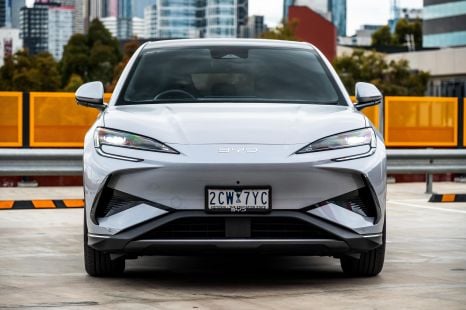

James Wong
2026 BYD Sealion 7 review
5 Hours Ago

Senior Contributor
Australia’s national science agency, the CSIRO, has become the first organisation to lease the second-generation Toyota Mirai hydrogen fuel-cell electric vehicle (FCEV).
The vehicle will be used for testing at CSIRO’s test hydrogen refuelling facility in Victoria, which is currently being developed.
The Mirai, as with the Hyundai Nexo that’s currently in service with the ACT government, mixes pressurised hydrogen from a tank in the chassis with oxygen in a fuel cell, which creates electricity to drive a motor and emits water vapour.
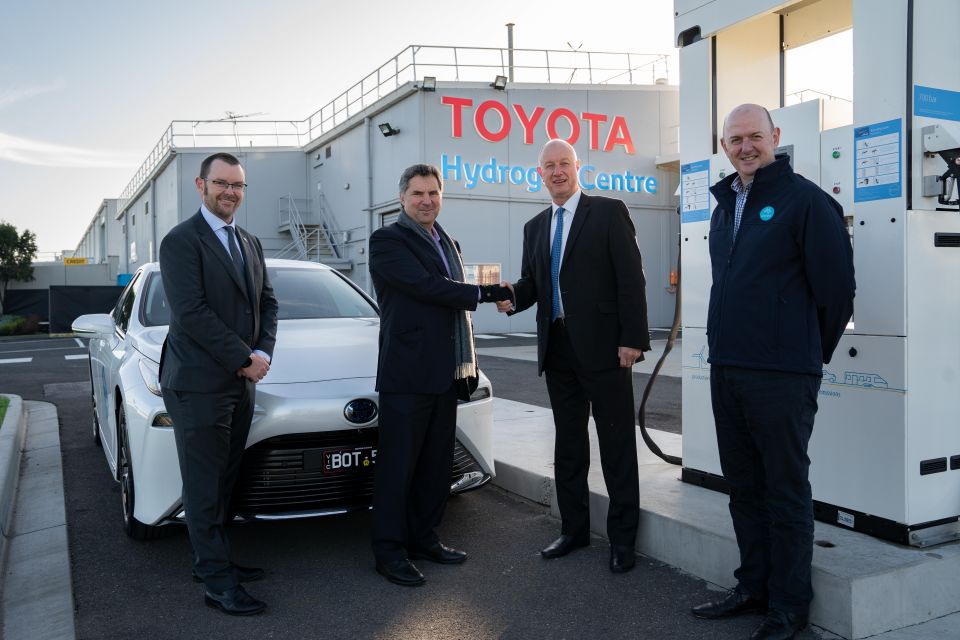
It can drive a claimed 650km on a single tank and takes just a few minutes to refill – a key advantage over a battery electric vehicle at the current time.
MORE: 2021 Toyota Mirai review
The CSIRO is currently working on ways to slash the wholesale price of green hydrogen (produced via electrolysis from renewable energy rather than fossil fuel regeneration) for use in various transport sectors, and to make exports of this stored energy to Asia more cost-effective.
“Australia can become a renewable energy leader through the production, use and export of hydrogen, but it will only become a reality if we breakthrough the $2/kg barrier,” said CSIRO chief executive Dr Larry Marshall.
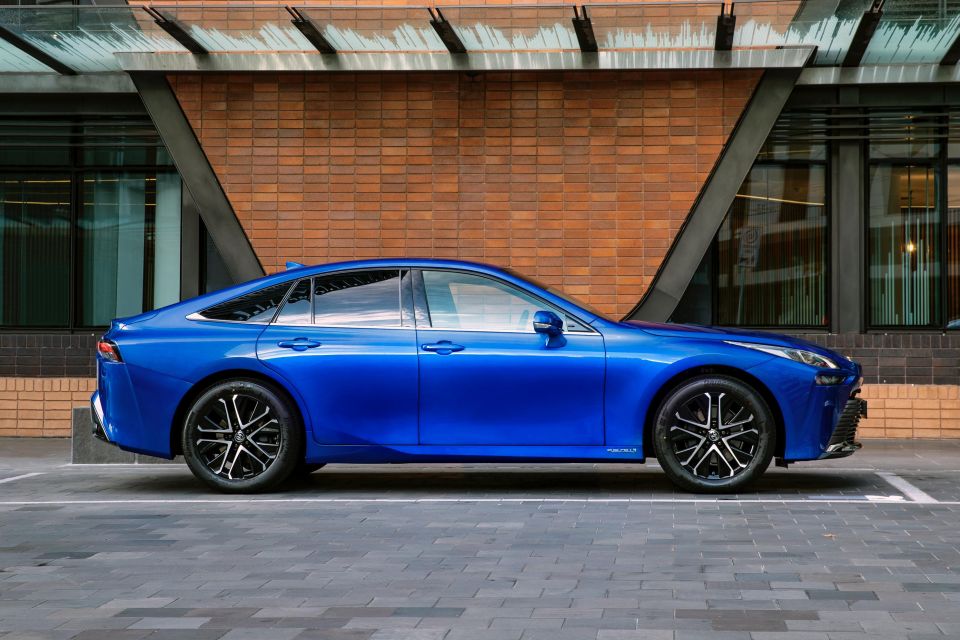
“That needs Australia’s world class science working with CSIRO’s commercialisation expertise turning breakthrough science into real-world solutions.”
Toyota Australia is importing 20 second-generation Mirai FCEVs to lease to “progressive businesses and organisations for three years to further demonstrate the viability of hydrogen fuel cell technology”.
As we’ve reported, Toyota is bullish about the potential for FCEVs to hit this market, at scale, as soon as 2024.
It has commissioned the state of Victoria’s first commercial-grade permanent hydrogen production, storage and refuelling facility at its old manufacturing site in Melbourne’s west to help run them.
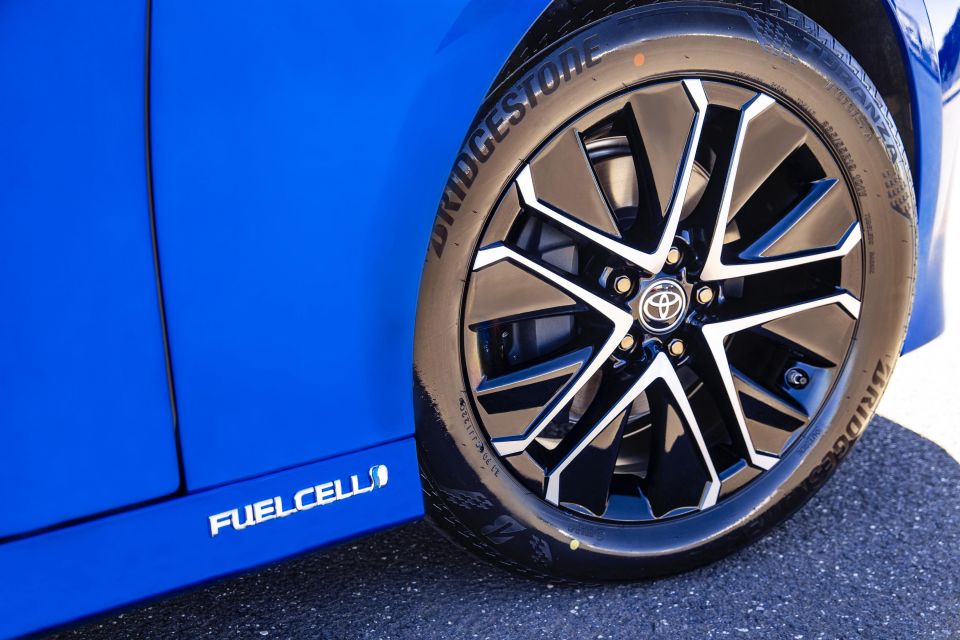
Yet Tesla and Volkswagen consider FCEVs a technological dead-end and have doubled down on battery-electric vehicles.
Toyota Australia Manager Future Technologies and Mobility, Matt Macleod, said the company was committed to providing a range of electrified vehicles on its path towards carbon neutrality.
“Toyota Australia is proud to be able to work with the CSIRO as a partner to demonstrate the viability and potential of fuel cell electric vehicles like the Mirai,” Mr Macleod said.
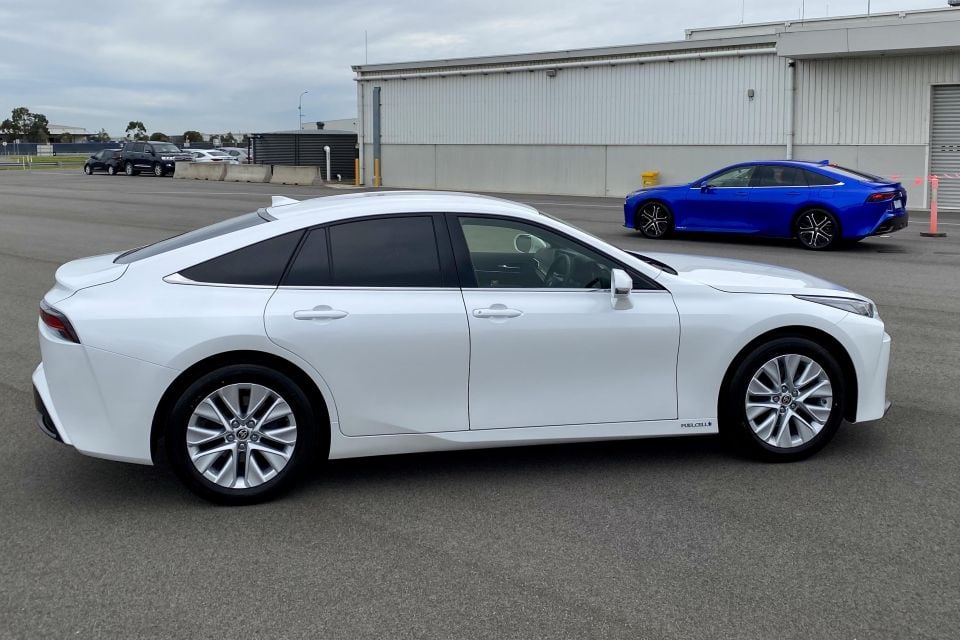
“The Toyota Mirai is already on sale in the UK, Europe and US but here in Australia, a lack of refuelling infrastructure has been the biggest challenge to introducing vehicles like Mirai.
“However, that is slowly changing with the commissioning of our own commercial grade hydrogen production and refuelling facility at the Toyota Centre of Excellence at Altona in March, and the CSIRO’s own plans to build a small-scale hydrogen refueller as part of the Victorian Hydrogen Hub (VH2) on the other side of Melbourne at Clayton.
“By working with the CSIRO and other like-minded business, industry and government partners, we can demonstrate that FCEVs can play a significant role in helping to reduce our carbon footprint and secure a sustainable future for a range of transport and energy requirements.”
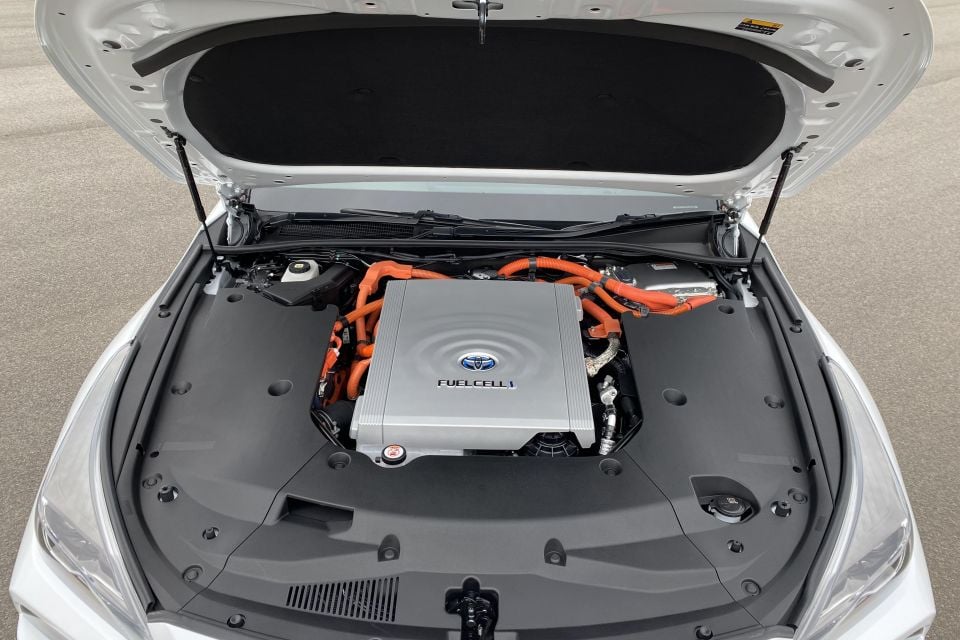
The Mirai lease program will cost $1750 per month on a three-year and 60,000km contract including the cost of hydrogen supplied from Toyota’s new refiller. That’s a grand total for three years of $63,000, plus a further $2700 to cover servicing over the lease period.
MORE: Toyota Australia thinks hydrogen cars will soon be widely available MORE: 2021 Toyota Mirai review MORE: Toyota Australia opens Hydrogen Centre, imports 20 new Mirai FCEVs
Where expert car reviews meet expert car buying – CarExpert gives you trusted advice, personalised service and real savings on your next new car.


James Wong
5 Hours Ago
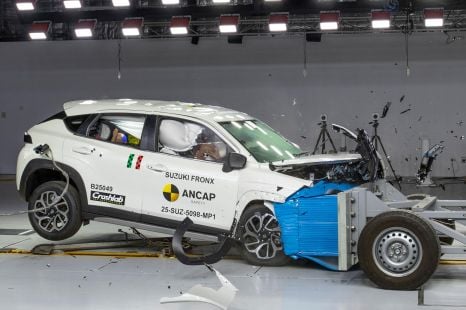

Damion Smy
14 Hours Ago
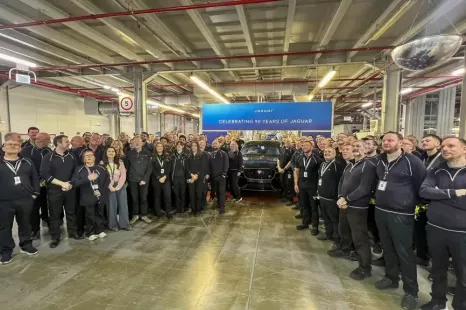

Damion Smy
17 Hours Ago
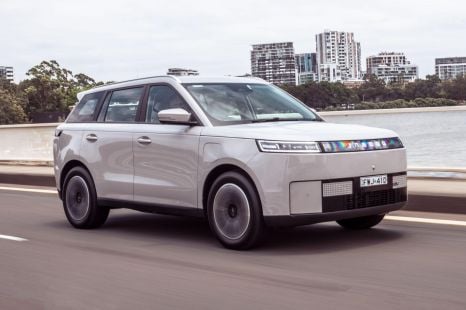

Josh Nevett
19 Hours Ago
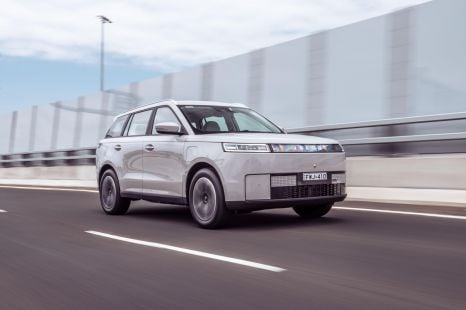

Josh Nevett
19 Hours Ago
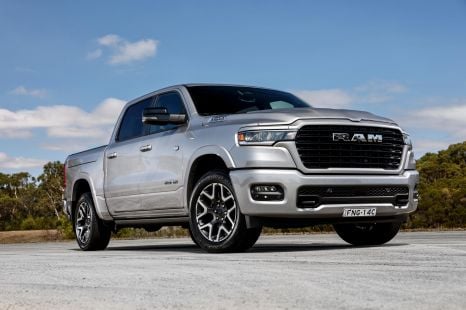

Damion Smy
20 Hours Ago